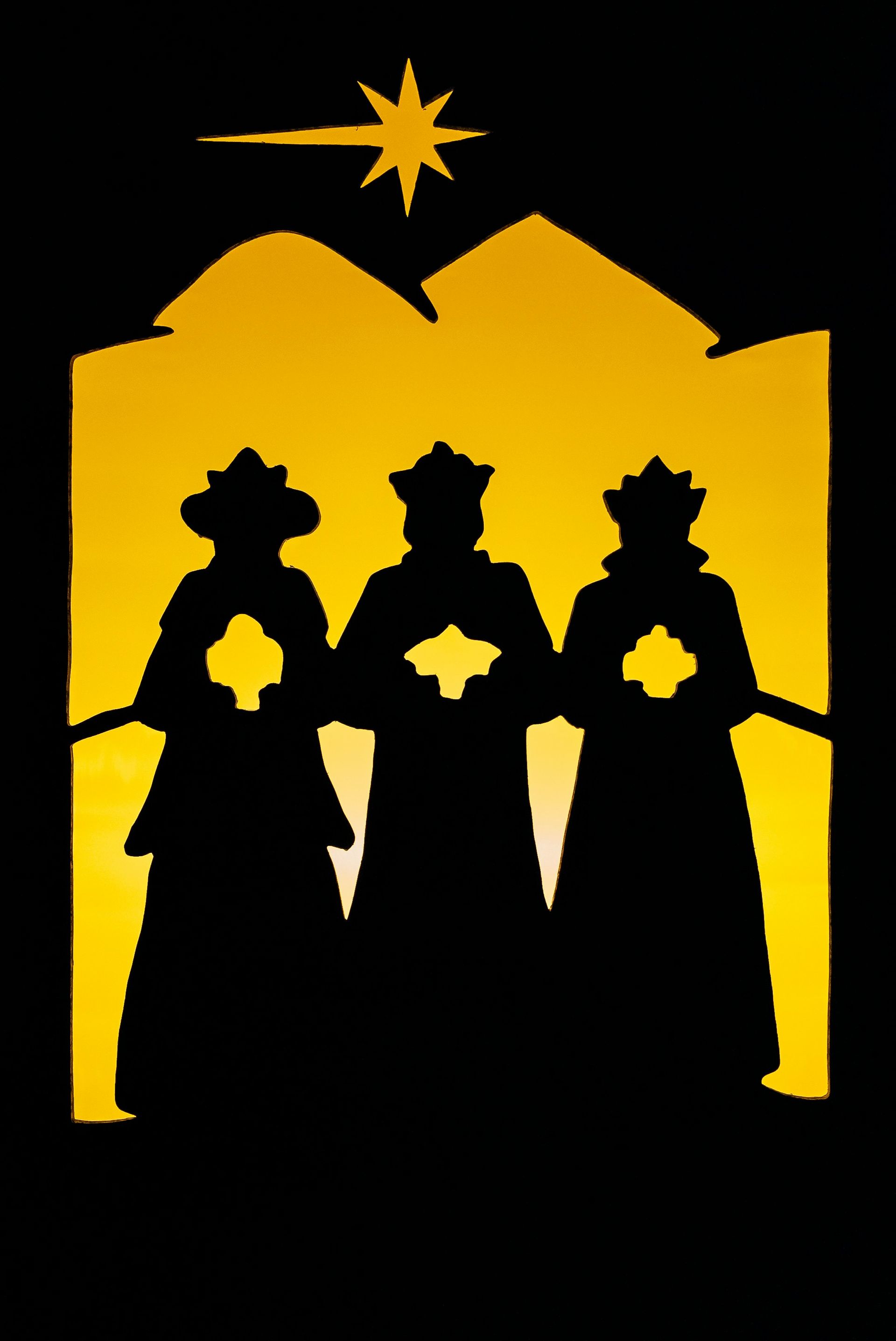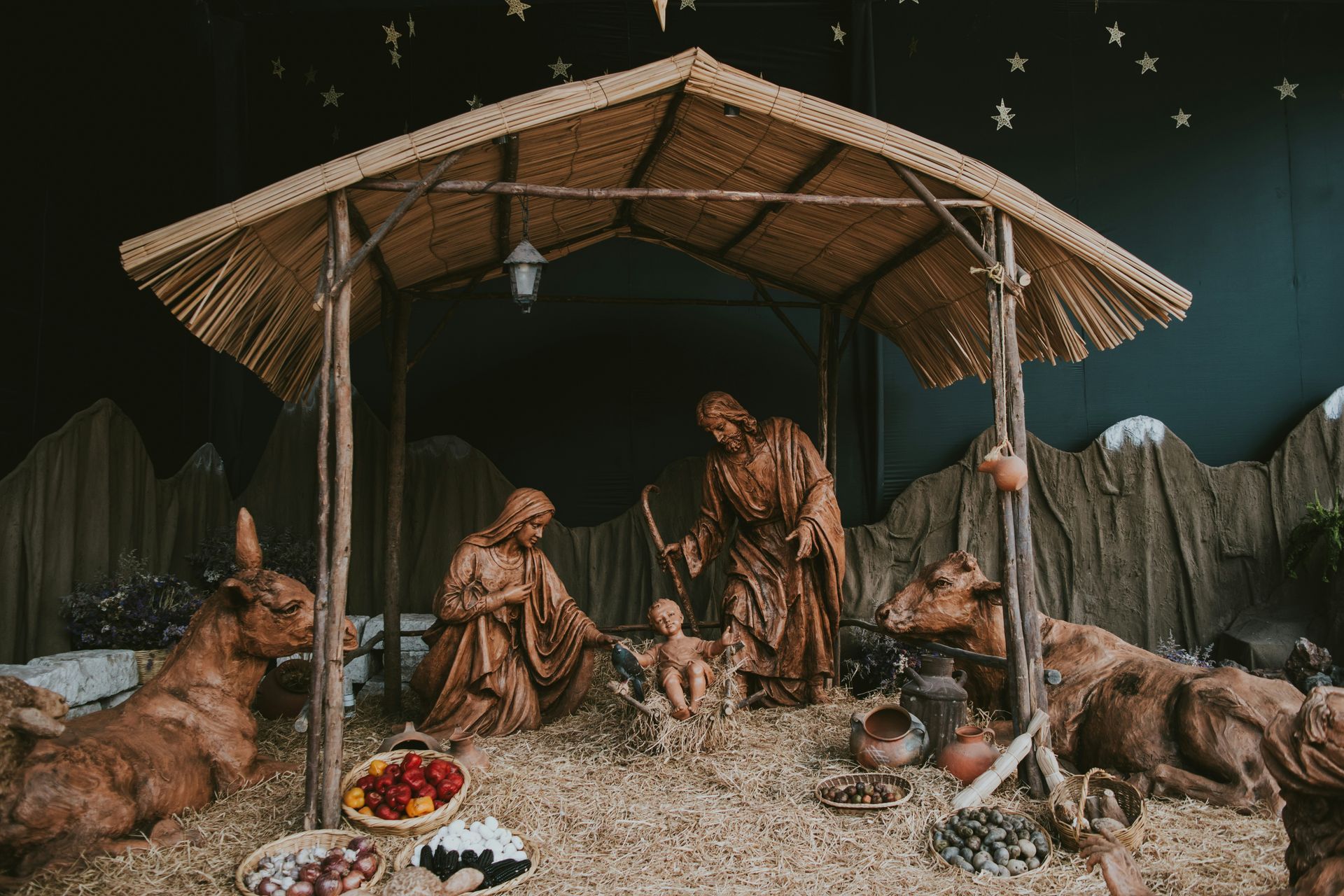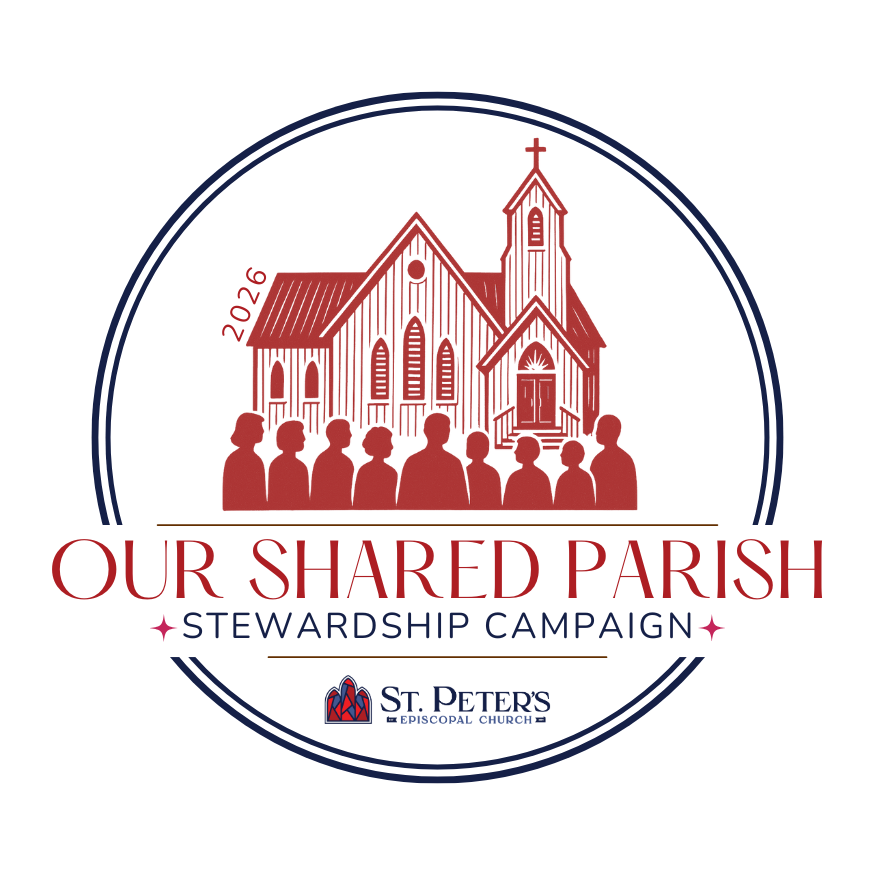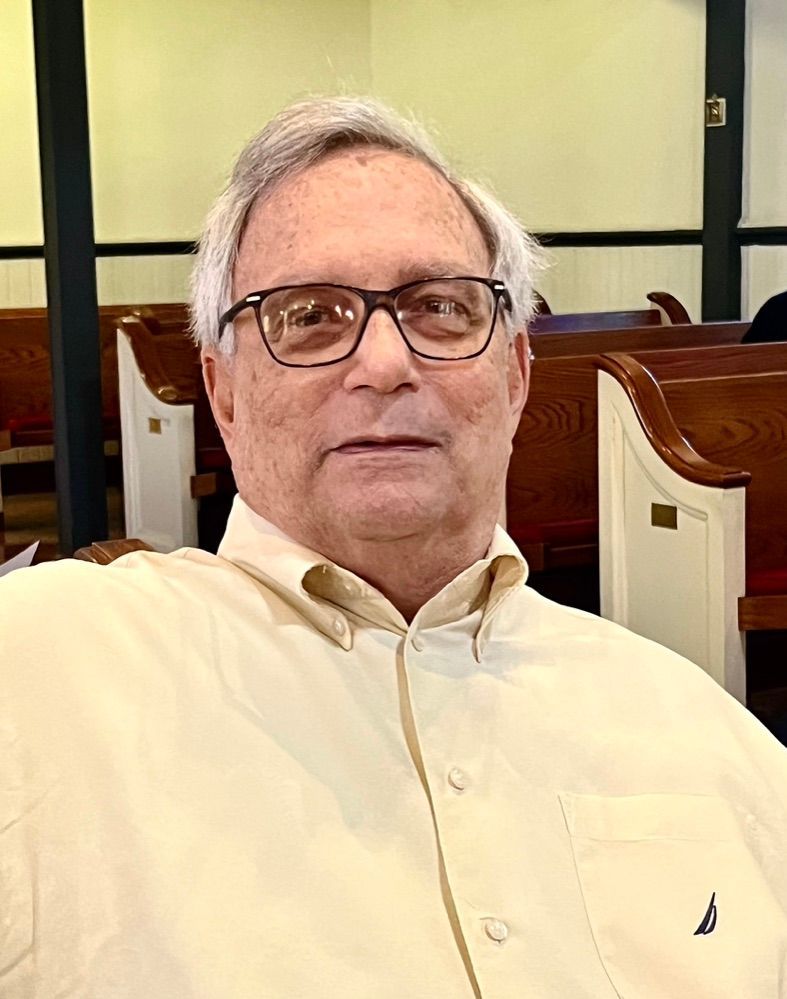Trinity Sunday
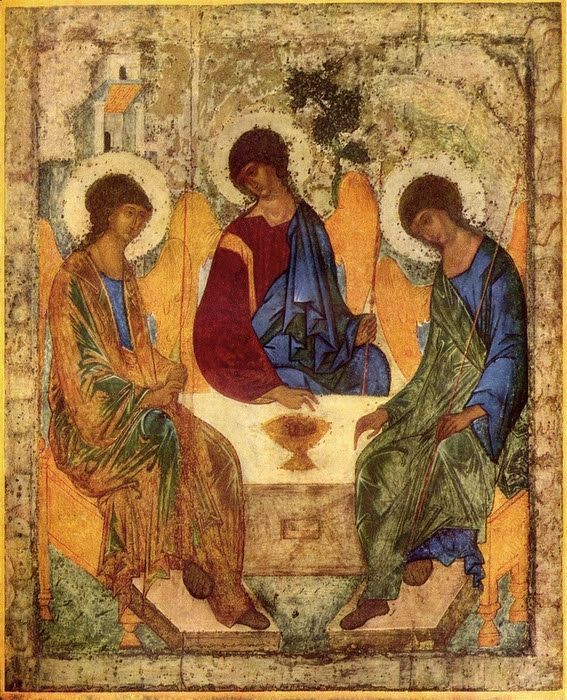
TRINITY SUNDAY
By John Santosuosso
There is an old joke in Episcopal circles that Trinity Sunday, the Sunday after the Feast of Pentecost, is an excellent time to have the deacon preach. More than one rector has acted on the "wisdom" of that saying? Why? Because Trinity Sunday is different from nearly all other days in the Church Year. It commemorates a concept, not an act or the people who are responsible for an act. Furthermore the concept is one that is at least to some extent unknowable, namely God. For many there is no Sunday that presents a greater challenge for the preacher than this one.
There is a certain irony here. The doctrine of the Trinity is one of the very few doctrines that nearly all (but not quite all) Christian denominations accept. Its roots are very old, the idea first gaining official acceptance at the Council of Nicaea in 325, and then being finalized in what we know as the Nicene Creed in 381 at the Council of Constantinople. What we sometimes fail to stop and realize is that the Nicene Creed, which is recited in most liturgical churches most Sundays, was actually an attempt to define the Triune God of Christianity. The bishops did the best they could. No one has really been able to bring forth a better definition, although I must admit a fondness for Paul Tillich's, "The Ground of All Being, the Ground of All Love."
Perhaps it would have been beneficial if the Church Fathers had encountered the Chinese philosopher Lao-tzu. He wrote, "The Tao that can be known is not the true Tao." Tao may be best translated as "the way," but the context of his usage seems to imply more than that, namely something divine. Many so-called "primitive" animistic religions take a somewhat similar approach. They recognize a "sky god," but this god is so far above the world of humans that nothing can really be known about him. Moses did not have much luck either. God simply tells him, "I Am, Who I Am." (Exodus 3:14)
A few years ago Janet and I were at Westminster Abbey in London. It was the day before the funeral for Stephen Hawking. We came upon the crypt they were preparing for his ashes. I looked at the final resting place of this brilliant physicist/cosmologist and thought, he is going to have interesting company. Charles Darwin was on one side and Isaac Newton on the other! Hawking said and wrote a lot of things too complex for me to ever understand. However, I found his theories on multiple universes very fascinating. Scientists have estimated the size of our universe at seven trillion light years in diameter! We cannot really imagine that, though perhaps Eucharistic Prayer C makes a valiant attempt when it refers to "interstellar space, galaxies, suns, and planets." Hawking claimed there are quite possibly more, many more. I cannot not comprehend God's creation. How can I ever expect to comprehend God?
Several thousand years ago a man lived in a small, almost-forgotten town called Nazareth. Though there was something different about him, he experienced all the trials and challenges that people of his day and ours experience, and he overcame every one of them. He had love and compassion for even the unlovable. He was a threat to the power centers of his day, so some tried to kill him. The world discovered he was more powerful than death. We look at Him, and we have a window into the essence of the Great I Am. He was so close to God the Creator that it is impossible to experience one without the other. He promised that through the outpouring of the Spirit of God we also could know both Him and the God of all Creation. The three are inseparable, and invite us to join them through the Spirit. Look out upon this "small island earth we call home." We are all brothers and sisters. We are linked to all living creatures in this, the Trinity's creation.
We cannot fully explain our universe, or any others that may exist. We cannot fully explain the God who is their creator. What we can know is that as vast as our universe may be, and how great its creator and governor, we are neither rejected nor forgotten. Instead we are invited to participate with the Triune God in the glories of the creation.


